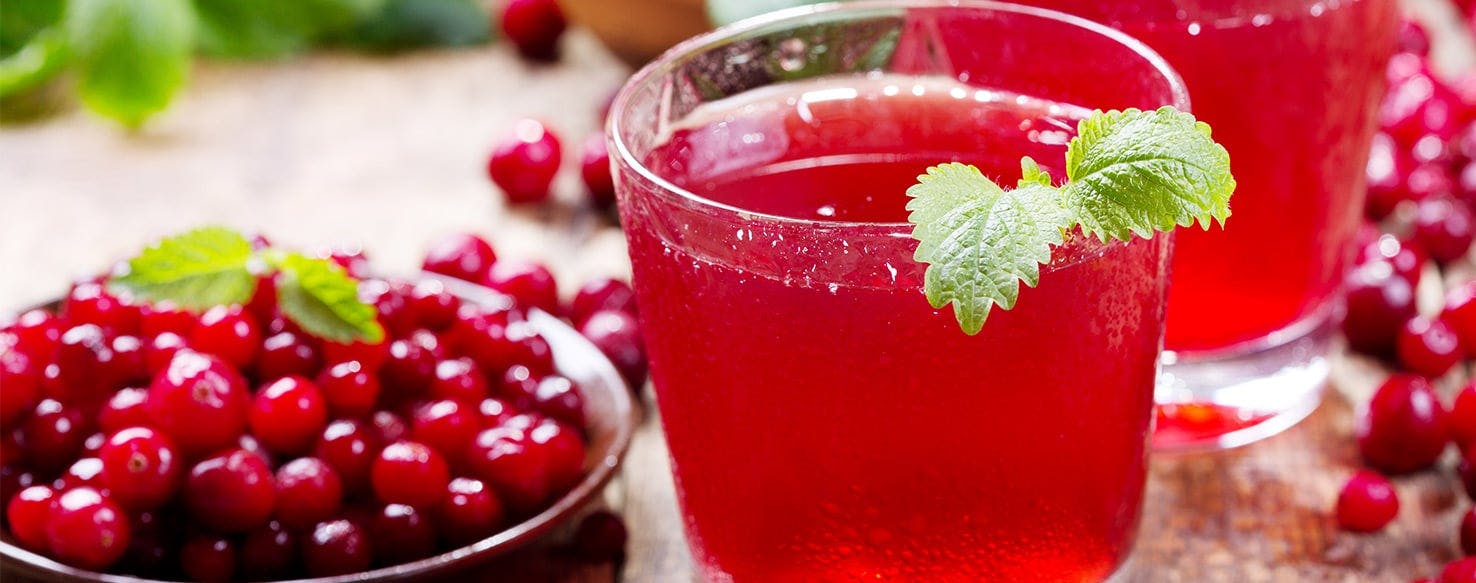Urinary tract infections are infections of the bladder that can be extremely painful. Whether you are a dog or human, a urinary tract infection can seriously dampen your day-to-day activities. These infections can leave your dog with sharp pain in the abdomen and lower-back, a burning sensation when they do urinate, and can even progress to the kidneys, causing further trouble. But cranberry potentially offers a safe remedy for this debilitating problem. This article will examine whether cranberry juice really is safe and effective and if you do decide to feed it to your dog, how much you should give them.
How Does It Work?
Many people think cranberry works by acidifying your dog’s urine, but this is simply not true. Instead, cranberry juice works by making it harder for the bacteria to stick to the wall of your dog’s bladder. This means bacteria are flushed out of your dog’s system much quicker, alleviating pain and returning your dog to full health swiftly.
A 2012 study from the Kidney and Transplant Group investigated 24 studies into the effects of cranberry juice. Some of those studies showed that not only can cranberry juice help relieve symptoms of urinary tract infections, but that the juice may also help prevent infections taking hold in the first place!
Potential Risks
This evergreen shrub grows in wet areas and is particularly abundant in north-central parts of the United States. While it is clear it could be effective in combatting urinary tract infections, are they any adverse effects you should be concerned about? There is a risk your dog could be allergic to cranberries, so you should ensure you start off giving your dog only a small amount.
Also, T. McHarg in a 2003 journal was quick to highlight other potential risks. If your dog consumes too much cranberry, it may cause an upset stomach and diarrhea. Neither of these should cause any serious problems, and once you stop giving your dog the juice, symptoms should subside. If they do not, then you should consult your local vet for guidance.
How Much Cranberry Juice Should I Feed My Dog?
As you have seen above it is important you feed your dog an appropriate amount of cranberry. So follow these rough guidelines on quantities and consult your vet before giving your dog any cranberry if you have any concerns.
Instead of cranberry juice, the easiest and quickest way to administer cranberry is to give your dog tablets. A 3,000 mg capsule is equivalent to 24 ounces of cranberry juice. Give small dogs 1/8 of a 3,000 mg capsule. Give medium sized dogs 1/4 of a capsule, give large dogs 1/2 a capsule, and give giant breed dogs a full capsule. Administer this dose up to three times a day until symptoms have gone. Tablets can be bought with ease from a range of health stores, plus a number of online sellers.
The Final Verdict
Yes, cranberry can be an effective tool to add to your infection fighting arsenal. It will make it harder for bacteria to stick to the wall of your dog’s bladder, flushing out the infection faster. There are risks of an allergic reaction, plus the possibility of an upset stomach and diarrhea to consider. However, if you feed your dog the quantities suggested by your vet or noted above, you should negate these risks.
Urinary tract infections can be expensive to treat. If you suspect your dog is at risk of getting a urinary tract infection,
start searching for pet insurance today. Brought to you by Pet Insurer, Wag! Wellness lets pet parents compare insurance plans from leading companies like
PetPlan and
Trupanion. Find the “pawfect” plan for your pet in just a few clicks!


